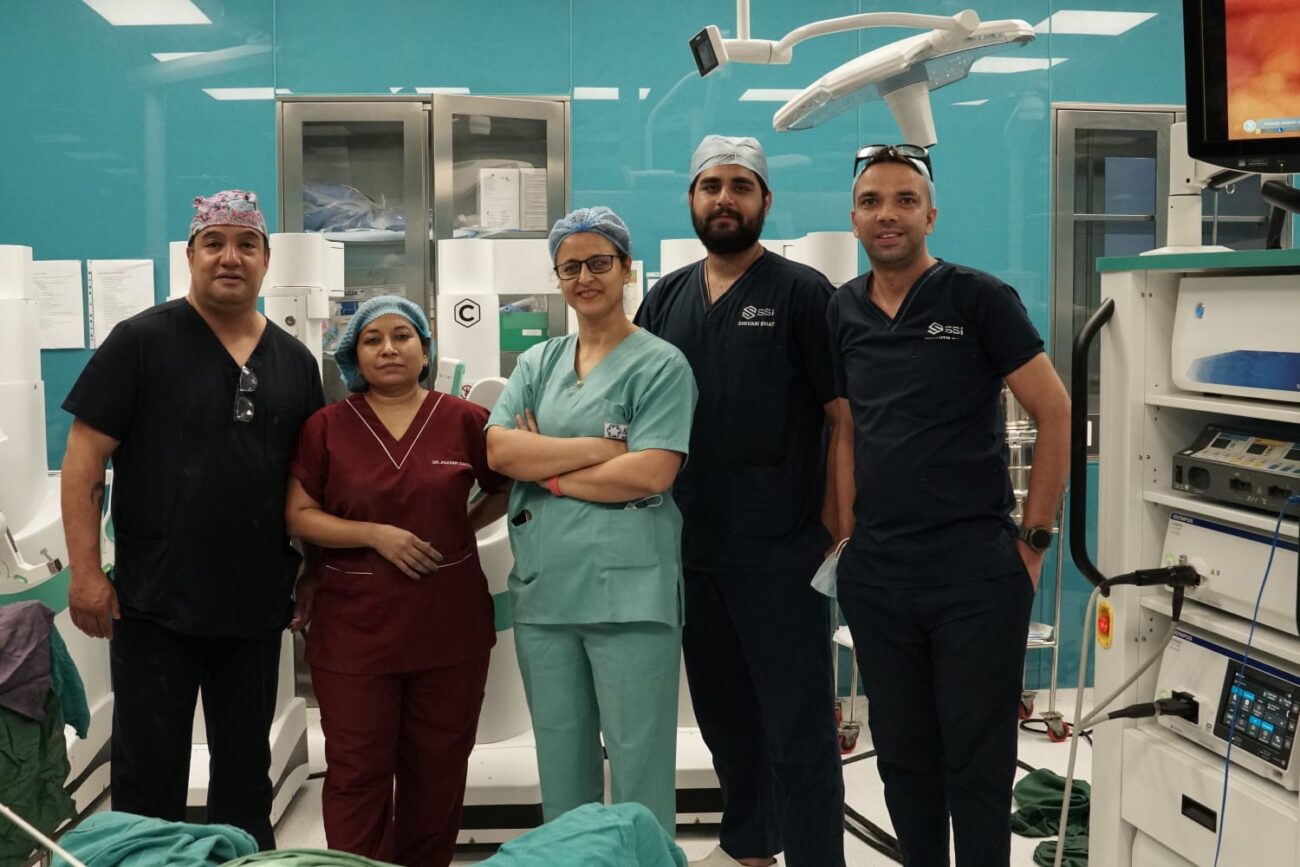HEART FAILURE – A leading cause of mortality in India -Dr. Sai Sudhakar
India is estimated to account for 60 percent of heart disease patients worldwide. Heart diseases have emerged as the number one killer among Indians according to findings of the Registrar General of India (RGI) and
India is estimated to account for 60 percent of heart disease patients worldwide. Heart diseases have emerged as the number one killer among Indians according to findings of the Registrar General of India (RGI) and the Indian Council of Medical Research (ICMR). As the ever changing lifestyles not only continue to increase the incidence of heart diseases but also are making patient conditions even more complex. The need to provide more and more advanced treatments to manage the disease complexities has become imperative for healthcare institutions. A holistic treatment approach is therefore required, which needs to be delivered through a strong combination of clinical expertise, advanced technology, and clinical experience. These when coupled with the use of assist devices, heart & lung transplant services and cutting edge research programs in the areas of regenerative therapy (stem cell research program), would lead to the development of path breaking innovations in cardiac care.
India will soon bear the largest burden of heart disease globally: In India, out of the estimated population of more than 1.27 billion dispersed across various geographical regions, about 45 million people suffer from coronary artery disease. ‘According to current estimates, India will soon have the highest number of cases of cardiovascular disease in the world’. It is estimated to account for 35.9% deaths by the year 2030.
As per projections there are at least 8–10 million patients with HF in India with a prevalence of about 1% adult population.
Telangana has the highest percentage of deaths related to heart and pulmonary ailments, according to the Union home
ministry’s report on Medical Certification of Cause of Death
(MCCD).
The data, tabulated, reveals that the state lost as many as
96,982 lives to diseases of the circulatory system. This accounts for
57% of 1,70,145 medically registered deaths.
This is highest in the country, where the national average is 32%.
Andhra Pradesh stood slightly higher than the average at 32.7%.
One in five persons with CHF will die within a year of diagnosis.
Patients with HF in India are younger and have a much higher morbidity and mortality as compared to their western
counterparts.
According to Dr. Sai Sudhakar, Chief Cardiac Transplant Physician, Senior Interventional Cardiologist and Director (Cath Lab), Global Hospitals, “The most common cause of heart failure is coronary heart disease (CHD), high blood pressure, and diabetes. There are many other diseases and conditions that also can lead to heart failure, such as Cardiomyopathy or heart muscle disease, heart valve disease and Arrhythmias or irregular heartbeats. Other factors like treatments for cancer, such as radiation and chemotherapy, thyroid disorders, alcohol abuse or cocaine and other illegal drug use or HIV/AIDS can also injure the heart muscle and cause heart failure”.
The symptoms of heart failure include persistent coughing, tiredness and shortness of breath, excess fluid in lungs, swelling in abdomen and swellings in ankles and legs.
“Earlier heart failure had no cure but could only be managed through medical management. But now with the advances depending on the cause Cardiac Resynchronization Therapy (CRT), Implantable Cardioverter Defibrillator (ICD), ventricular assist devices or a heart transplant may be recommended,” Dr. Sai Sudhakar added.
“Some people with severe heart failure or serious irregular heartbeats are candidates for implantable defibrillators. An ICD is a small device that’s placed below the collar bone. An ICD uses electrical pulses or shocks to help control life-threatening arrhythmias, especially those that can cause sudden cardiac arrest. ICD acts as an emergency room in the heart and prevents sudden deaths.”
Some people have severe, progressive heart failure that can’t be helped by medications and lifestyle changes. “In such cases a heart transplant may be the only effective treatment. The damaged heart is replaced with a healthy one taken from a donor who has been declared brain dead. The outlook for people with heart transplants is good now-a-days with the availability of latest generation immunosuppressive agents thereby reducing the chances of rejection post-transplant. Also due to more awareness and due to increase in the availability of donors more heart transplants have become a reality and a boon for patients with refractory heart failure.”




